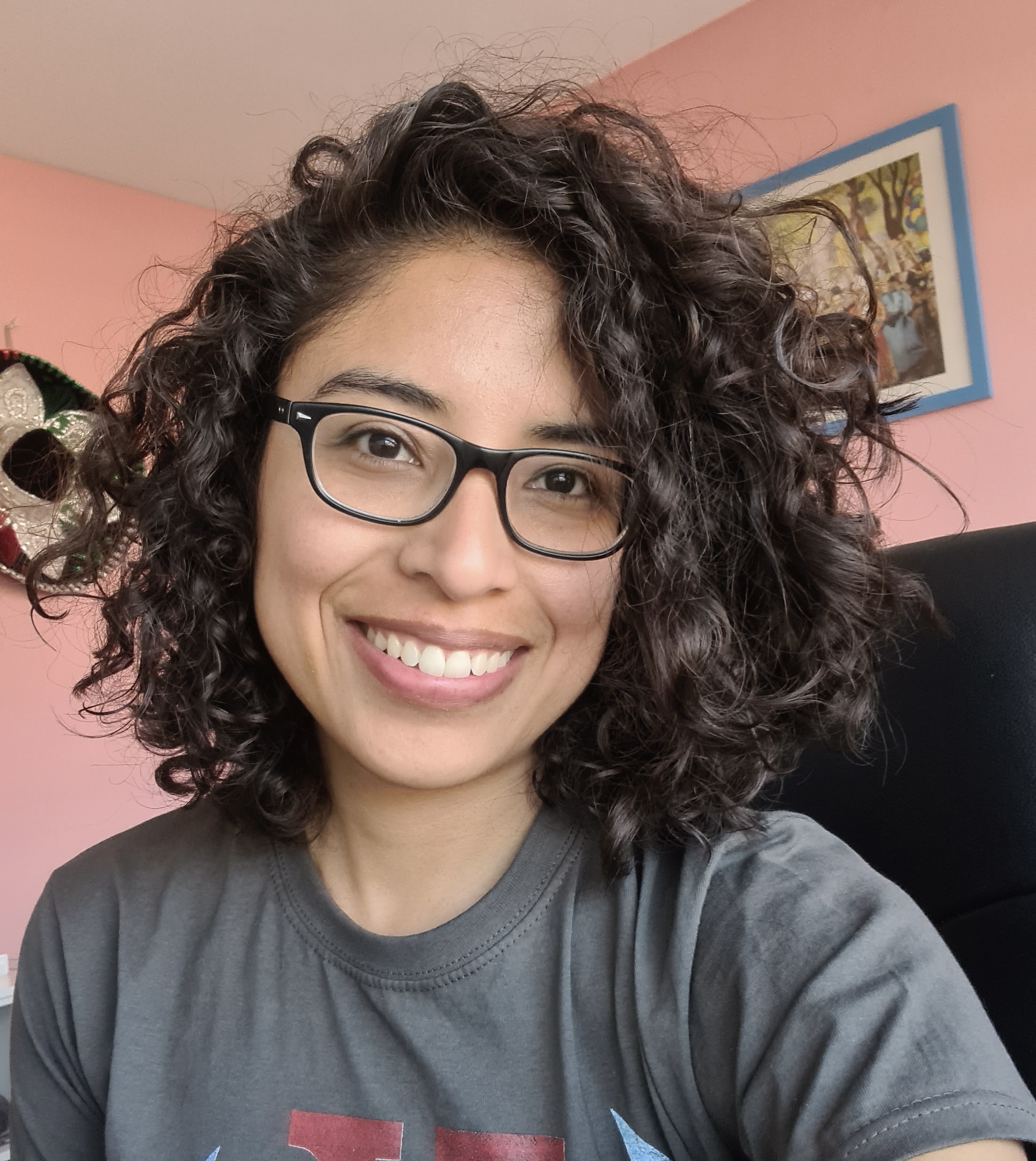My take home messages from RStudio Global Conference 2021
I attended the online RStudio Global Conference few days ago. It was my first time at that conference and I have to say I loved it. The speakers seem to have received coaching both with their slides and with their talks. They were all great speakers! Besides, the topics were diverse and not too deep but not too shallow either. Perfect for getting to know about the new developments in R.
There are many things I liked and learned at the conference, but I wrote down some stuff that, personally, I found very important:
Hadley Wickham opened the conference talking about the life cycle of the functions and packages. A function can be stable, superseded, experimental or deprecated. Important to consider that when writing code that will later need to be maintained. Nice to hear that even he has problems remembering how to use
dplyr::spread()anddplyr::gather! And the fact that these two functions are not very intuitive is what sent them to the deprecated path.A good advice from Hadley is to consider that your code is not static. It needs continuous maintenance!
During the Q&A, Hadley mentioned that, although not any time soon, eventually the tidyverse might replace the
magrittrby the new R pipe!It was also mentioned that a book about
tidymodelsis in the planning (no date or anything concrete mentioned).Jenny Bryan recommended to look into Google engineering guides on how to do code reviewing. She encouraged people to consider the human side (how people feel) of code reviewing.
We will still need to use
plotlyfor interactive plots for some time more (no tidyverse package for interactive visualizations coming soon).Good tip from Hadley: work in one project (or few) at a time and take time off every now and then! It is better for productivity.
BentoBox is one of the packages that surprised me the most. It helps drawing multi-plots by coordinate and not lose their proportion (as sometimes happens with
cowplot). As a bioinformatician, what I liked the most are all the especialized functions they have for large genomics data (e.g. drawing chromosomes, pileup, etc.). Definitely a package that I will follow!Siuba was another interesting package to use dplyr-like functions in Python. Under the hood it uses the Python’s pandas library and SQL.
Interesting to know that my beloved
renvpackage can also do package management for Python. Need to try that!I followed a nice talk encouraging R programmers to write their first package. The speaker recommended the “R-packages” book by Hadley Wickham and the
usethis,devtoolsandtestthatpackages. I should make use more often of those tools and also of the “Description” file (what makes the difference between a normal project and a package) even for the projects that are not in itself meant to be a package. As the speaker mentioned, it just helps keeping the code more organized, documented and reproducible. The speaker also recommended the tutorial My organization’s first R-package.I found the R Universe project from ROpenSci a very interesting one to keep track of all the R-packages out there.
I heard for the first time about the formr package to make online surveys in R.
Always nice to hear some recommendations for putting a (Shiny) app into production. For instance, to never work in one branch in Git (instead having at least a specific branch for stable stuff and one for development), do unit testing but also UI and load testing.
I really should check deeper the
pagedownandpkgdownpackages. It has been in my to-do list for some time but the conference was a good reminder.In a talk about putting your first server up, I got some nice hints of stuff I NEED to learn: ports, protocols, security and in general how computers communicate. Also about user authorization and root and user access. I make use of all these things during my daily job but I would like to go deeper and learn the theory and the possibilities.
I have used the
xaringanpackage to make slides but I did not know about this “Infinite moon reader” addin to see the changes in your slides live. I should try it!
These points came from my notes. I also followed few nice talks like the discussion about how to use Python and R together and a nice and informative talk from Irene Steves about using R and SQL. However, sometimes I get into the talks and forget to take notes. In any case, the points I did write already have a lot of important info that I would like to remember and that might be useful for others. Finally, I also recommend to read the nice summary that Sharon Machlis put online.
I look forward to try this new stuff that I learned at this conference. I hope that I can join next year(s) even in an on site RStudio Global conference! The fact that they are in the USA does not help, but at least I will make a habit of following them online!
